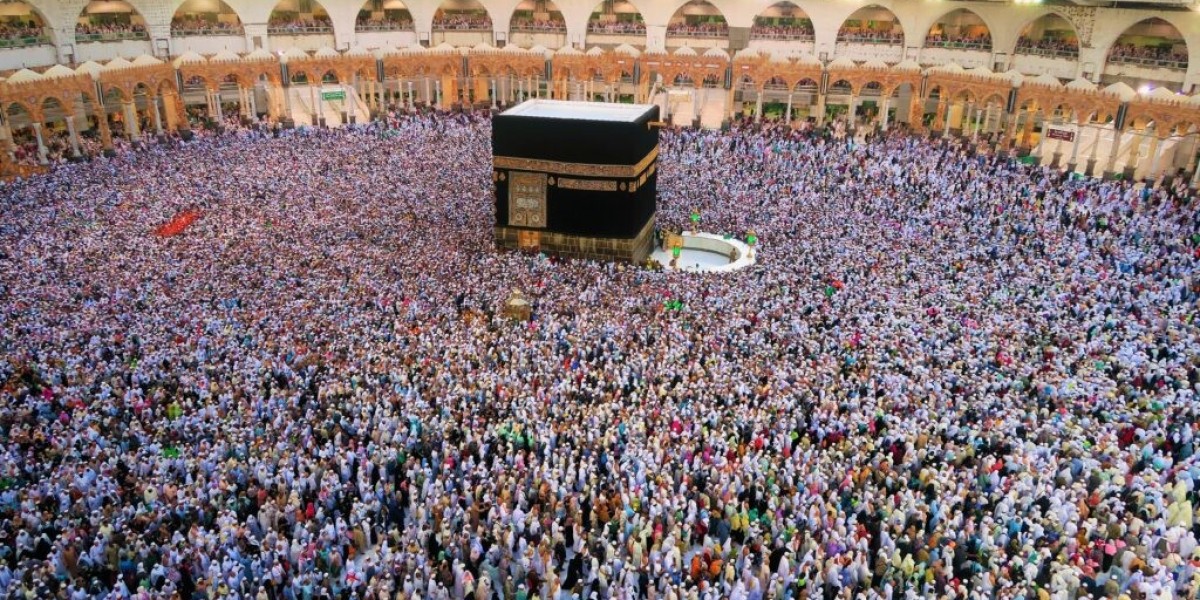Islam, one of the world's major monotheistic religions, has had a profound impact on both the spiritual and cultural landscapes of various societies throughout history. Rooted in the teachings of the Quran and Islam provides a comprehensive framework for faith, morality, and social conduct. With over a billion followers around the globe, Islam's influence is undeniable. Let's delve into the core tenets of Islam, the significance of the Quran, and the role they play in shaping the lives of believers.
The Essence of Islam: Core Beliefs and Pillars
At the heart of Islam lies a belief in the absolute monotheism of Allah (God in Arabic). This central concept is enshrined in the Shahada, the declaration of faith, which states, "There is no god but Allah, and Muhammad is his messenger." This declaration serves as the foundation upon which all other beliefs and practices of Islam are built.
Islam is characterized by Five Pillars, which represent the essential acts of worship and devotion for Muslims:
Shahada (Faith): As mentioned earlier, the Shahada is the declaration of faith and the fundamental belief in the oneness of God and the prophethood of Muhammad. It encapsulates the essence of Islamic monotheism.
Salat (Prayer): Muslims are required to perform five daily prayers facing the Kaaba in Mecca. These prayers serve as a means of direct communication with Allah and are a constant reminder of the importance of spiritual connection throughout the day.
Zakat (Charity): Zakat is the obligatory giving of a portion of one's wealth to those in need, promoting social justice and compassion. It emphasizes the redistribution of wealth to support the less fortunate.
Sawm (Fasting during Ramadan): During the ninth month of the Islamic lunar calendar, Muslims observe fasting from dawn to sunset. This practice fosters self-discipline, empathy for the hungry, and spiritual growth.
Hajj (Pilgrimage to Mecca): Muslims who are physically and financially able are required to undertake the pilgrimage to Mecca at least once in their lifetime. The Hajj is a symbol of unity, humility, and equality among believers.
The Quran: Divine Revelation and Spiritual Guide
The Quran, often spelled as Qur'an, is the holy book of Islam, believed by Muslims to be the literal word of Allah as revealed to the Prophet Muhammad through the angel Gabriel. The Quran is written in Arabic and consists of 114 chapters, known as surahs, which cover a wide range of subjects including theology, morality, guidance for personal conduct, and legal principles.
The Quran holds a central place in the life of every Muslim. It is not only a source of spiritual guidance but also a book that provides answers to life's questions and dilemmas. Muslims recite the Quran in their daily prayers and seek to internalize its teachings to live righteous lives.
The Quran's message revolves around themes of monotheism, the afterlife, social justice, and ethical behavior. It emphasizes the importance of compassion, empathy, humility, and the pursuit of knowledge. The Quran also encourages believers to reflect on the natural world as a sign of Allah's creation and power.
Interpretation and Diversity
Interpretation of the Quran has led to the emergence of various schools of thought within Islam. Different scholars and communities emphasize different aspects of the text, leading to diverse interpretations on matters such as theology, law, and social norms. These interpretations have contributed to the rich tapestry of Islamic intellectual and cultural history.
It's important to note that the Quran's teachings can sometimes be misinterpreted or manipulated to suit political or personal agendas. Misunderstandings and misconceptions can arise due to cultural, linguistic, and historical differences. Therefore, the guidance of knowledgeable scholars and a balanced approach to interpretation are essential for a comprehensive understanding of the Quran's message.
Conclusion
Islam and the Quran are inseparable aspects of the lives of Muslims. The religion provides a comprehensive framework for faith, worship, and morality, while the Quran serves as a divine source of guidance and inspiration. Through its core beliefs and practices, Islam emphasizes monotheism, compassion, social justice, and the pursuit of knowledge. The diversity of interpretations within the Muslim world showcases the richness of thought that has emerged over centuries. As a global faith, Islam continues to shape the lives of its followers and contribute to the broader discourse on spirituality, ethics, and human interconnectedness.








